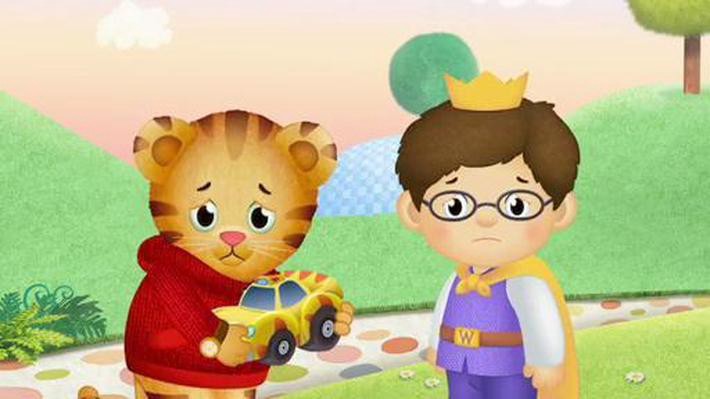Sharing? Feh.
Some parents are resisting the pressure to teach kids to share

Sharing is unnatural, argues mom Joelle Wisler in a piece that’s now been, heh, shared on Facebook over 70 thousand times:
Sharing is weird. As adults, do we share our cars? Our ottomans? Our husbands? Last I checked, I wasn’t a sister wife.
This is a funny argument! Adults do often share our ottomans. We also share our cars: with spouses, parents, children. My mom’s car was once her dad’s. I’ve driven it. So have both my brothers and various people who have married into the family. That Buick has been passed around like a joint at a Phish show.
And I may not share my husband with other women (that I know of??), but he and I share various checking, savings, and retirement accounts, as well as a mortgage and a life, and I certainly share his time, attention, and kindness with lots of other people. It would be weird if I didn’t; he’s not some bird I keep in a cage.
Sharing: grown-ups do it too!
I guess Wisler’s point is that we don’t share our prized possessions with strangers. (Although: ottomans? If some stranger really needed to use my footrest and asked for it, I guess I’d let her, though first I’d warn her it has never been vacuumed and there are crumbs so deeply embedded into the cracks that it would take archeologists to remove them.) But kids aren’t usually encouraged to share with strangers. That can happen — at a playground, for example — but usually they are asked to demonstrate generosity when around their siblings or friends. Because it’s good for them. It builds character.
What pre-school and playgrounds are trying to model is an environment were getting along is more important than getting your way, where even though you may be thrilled by your remote-controlled car, you can let a friend have a turn being thrilled by it too. People are more important than possessions, right?
Sharing means learning that you can do, for a moment, without even something that feels urgently necessary. Also, as “Daniel Tiger” makes clear, it means learning that, when your friend is done playing with your shiny new toy, you get it back. And isn’t that even potentially more exciting than keeping it to yourself all along?
Support The Billfold
The Billfold continues to exist thanks to support from our readers. Help us continue to do our work by making a monthly pledge on Patreon or a one-time-only contribution through PayPal.
Comments